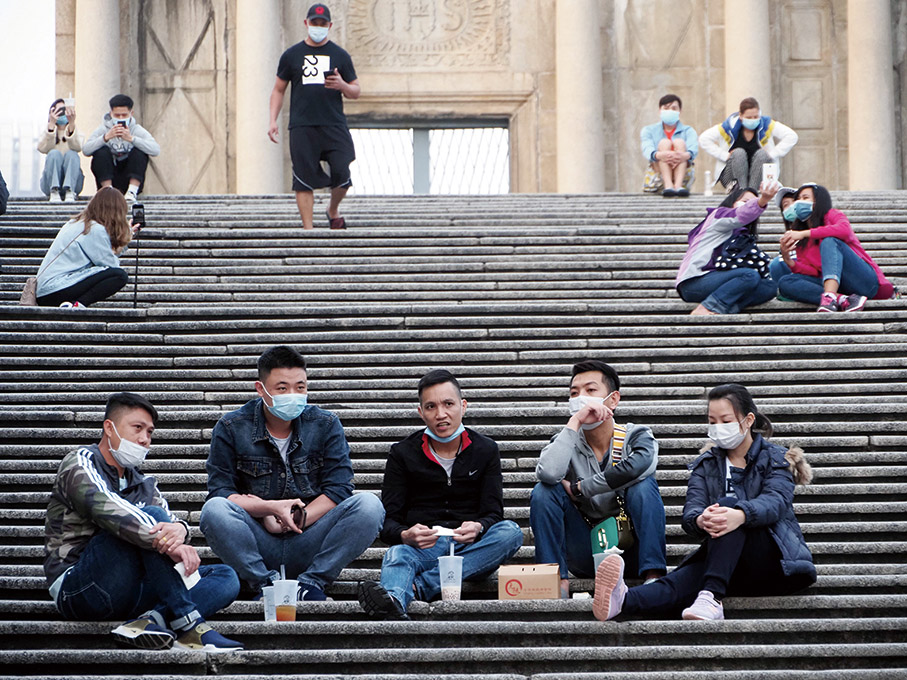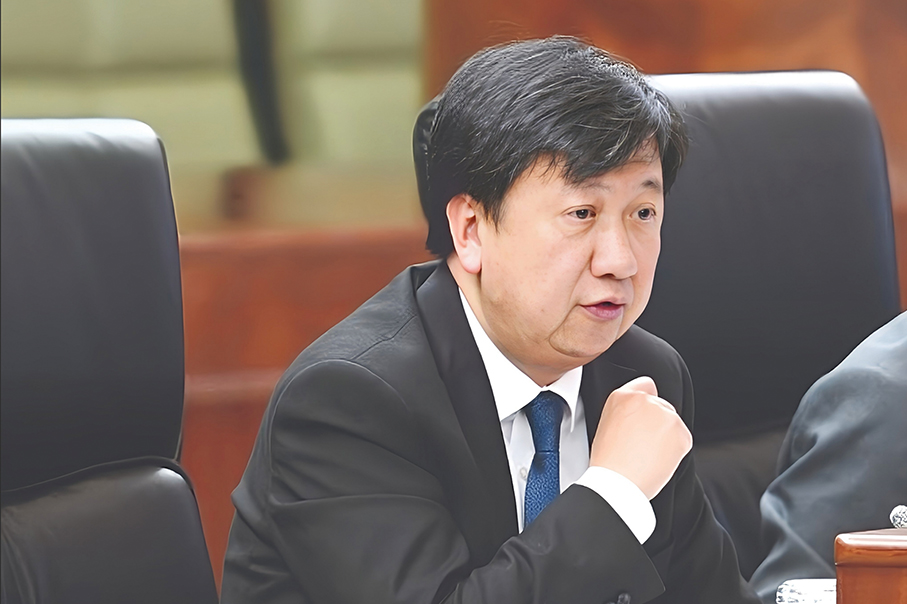The Legislative Assembly (AL) yesterday unanimously passed a government-initiated bill amending the oath-taking law, according to which members of the Chief Executive Election Committee will also be required to take an oath when taking office.
The bill passed yesterday will amend the current law regulating the oath-taking of those in the executive, legislative and judicial organs of the Macau Special Administrative Region (MSAR).
The amendment bill’s outline was passed during a plenary session of the legislature in February, after which the bill was reviewed by its 1st Standing Committee, before it was resubmitted to yesterday’s plenary session, which Secretary for Administration and Justice André Cheong Weng Chon attended, when it was voted on article-by-article in its second and final reading.
The current oath-taking law came into force on December 20, 1999 when the MSAR was established. The law was last amended in 2001.
The newly amended oath-taking law will take effect on the day after its promulgation in the Official Gazette (BO).
In compliance with the MSAR Basic Law, Macau’s oath-taking law currently covers the chief executive, principal officials, the president of the Legislative Assembly, the president of the Court of Final Appeal (TUI), the public prosecutor-general, members of the government’s top advisory Executive Council, legislators, judges, and prosecutors.
According to the amended version of the MSAR’s national security law, which took effect on May 30 last year, members of the Chief Executive Election Committee, which elects the MSAR chief executive, as well as all public servants are also required to take an oath when taking office.
In compliance with the newly added provisions concerning oaths of office listed in the amended local national security law, the local government proposed amendments to the oath-taking law’s current version, i.e., the bill passed during yesterday’s plenary session after its outline was passed in February.
The law’s amended version will add members of the Chief Executive Election Committee to its oath-taking requirements, which more specifically means that in addition to the members of the MSAR’s organs currently covered by oath-taking requirements, members of the committee will also be required to take an oath of office.
However, the amended law will only require the committee’s members to take their oaths by signing a declaration.
All those covered by the oath-taking law’s current version are required to take their oaths of office at a ceremony.
The government has noted that it would have been unfeasible to require members of the Chief Executive Election Committee to take their oaths in person publicly, i.e., at a ceremony, because the committee comprises 400 members.
The amended oath-taking law will not cover public servants. The government has indicated that it will also draft new legislation in the future proposing to require public servants to take their oaths also by signing a declaration, because the amended local national security law requires public servants to take an oath of office, and considering the large number of public servants.
Refusal to take oath
Those covered by the oath-taking law’s current version who refuse to take an oath of office shall be disqualified from taking office.
When taking an oath of office, according to the law’s amended version, those who intentionally read words that do not comply with their oath’s respective terms, or sign a declaration in which the terms of oath have been tampered with, will be regarded as refusing to take the oath.
According to the amended law, those who take their oaths in a way that is insincere or unsolemn will also be regarded as refusing to take the oath.
Those who are disqualified from taking office after refusing to take an oath of office, or being regarded as refusing to take an oath, will not be allowed to take an oath again, according to the amended law.
Careless & nervous
During yesterday’s plenary session, Cheong pointed out that those who read any words incorrectly when taking an oath merely due to carelessness or nervousness will not be regarded as refusing to take the oath.
Cheong underlined that it can be determined whether the respective person’s failure to accurately read the oath terms is intentional or unintentional, adding that according to the amended oath-taking law, the respective oath administrator will be tasked with determining whether the person taking the oath has intentionally uttered wrong or inaccurate words.






